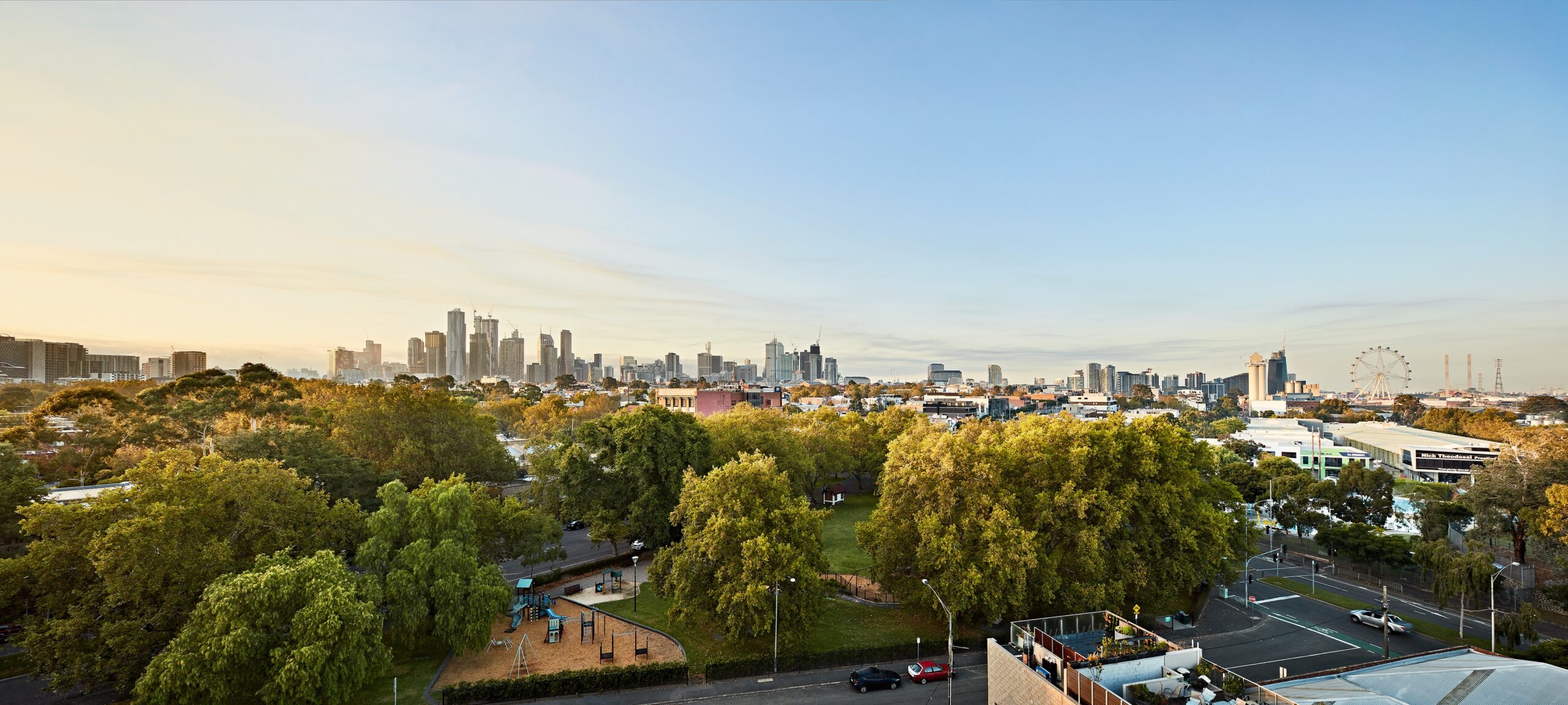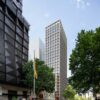The cost of stamp duty will be slashed by up to 50 per cent in Victoria under a new move announced in the state budget this week.
Those buying existing homes will receive a 25 per cent discount on stamp duty, up to the same value.
The full 50 per cent discount will only apply to newly built homes valued up to $1 million and will be in place until the end of June, 2021.
The announcement, one of Tuesday’s big ticket items, aims to make housing more affordable and accessible.
The stamp duty discount was not the only housing-related tax to be reduced: a 50 per cent land tax discount for build-to-rent (BTR) developments was also announced as part of the budget.
“Investment in the BTR sector will provide greater choice and diversity of housing options for renters and support Victoria’s economic recovery,” the budget papers said.
The budget has also set aside $52 million for planning reforms and increasing housing supply across the state.
Andrew Leoncelli, Managing Director Residential Projects Victoria from CBRE said:
“Any reduction in stamp duty is welcomed especially as we start the post pandemic recovery process. We support the initiative particularly as it applies to both occupiers and investors alike. The market is very much in need of this continued government support.”
Chris Moyle, Chief Investment Officer from Corsair Investment Management said:
“In the face of strong economic headwinds, stamp duty relief will give a much-needed boost to housing, a vital part of the Victorian economy. We also welcome land tax relief for Build to Rent which brings it to a more level playing field and will help increase Victoria’s housing diversity.”
Milijana Bojic, Senior Relationship Manager – Property from Westpac said:
“Once any distressed sales are ironed out, we are expecting a recovery supported by sustained low rates, which are likely to be even lower than current levels; ongoing support from regulators; substantially improved affordability; sustained fiscal support from both federal and state governments; and a strengthening economic recovery (which seems to hinge on a vaccine).
While the government will want to stimulate the local economy to create jobs prior to the onset of the pandemic, the market had been holding well and expectations were that under building would occur from this financial year unless new starts lifted. However, the economic recession and measures taken to slow the spread of COVID19 have meant immigration numbers will be severely limited this financial year, with the Federal Treasury suggesting an 85% fall . Completions in inner Melbourne in 2020/21 suggested minor oversupply. However, increased migration is likely post 2021 and with approvals falling and new starts expected to be low in 2020/21, undersupply is likely from 2021 onwards, until new supply lifts.
Simon Manley, General Manager from Hengyi said:
‘We expect this scheme to benefit the land subdivision space and smaller townhouse developments where the size and accommodation meets the sub $1m price point. Inner city apartment stock has been supported by years of international investment of which the brakes have been put on by a combination of COVID, and a natural slowing of investment from parts of Asia. First homeowners generally don’t seek inner city medium to high density properties (apartments), so there is a very small buyer pool for this space. The price point for smaller ‘outer’ city apartment projects we would expect to perform well with the incentive due to local owners not necessarily desiring living in the CBD’.
Sam Failla, Director of Development at Newcity (AUS) Development Group said:
“I think the stamp duty reduction is a good short term incentive that will finally provide the off the plan sales something to grapple with in going forward especially for those that have projects ready to launch to the market. I do think however that we need longer measures, so I’m hoping it will be extended as it provides just over 6 months when considering the Xmas break. It can also have the effect of too many projects hitting the market simultaneously and unready projects hitting the market. We still need more for local investors and FIRB buyers to offset the medium decline in population growth which is having an impact on the rental market.”
Robert Clarke, Director from Point Polaris said:
“We believe the reduction in stamp duty for both owner occupiers and investors purchasing properties less than $1million will be the catalyst for a strong market recovery in 2021.”









